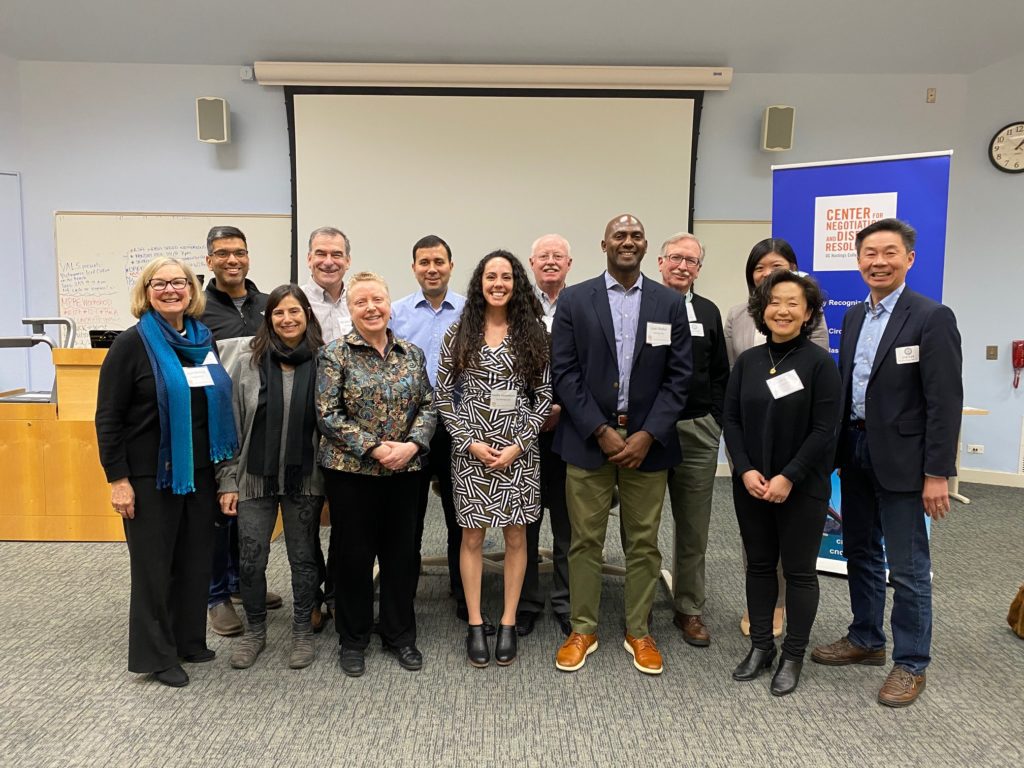Northern California ADR Faculty Conference
The NorCal ADR Faculty Conference is an annual gathering to share best teaching practices for ADR and Negotiation.
For 20 years, the Center for Negotiation and Dispute Resolution (CNDR) and our co-host, the Martin Daniel Gould Center for Conflict Resolution at Stanford Law School, have gathered law, business school, and undergrad ADR and Negotiation faculty from throughout Northern California to explore new topics and innovations in pedagogy in dispute resolution. It is also an opportunity to connect with others in the field and build relationships.
For faculty, adjuncts, and ADR instructors only, not open to the general public. Generally held in February annually. Contact us with any questions.
Past Conferences
2023 NorCal Conference
Held in-person on February 24, 2023, with the theme Mediation: Bridging Theory and Practice. ADR skills courses have been offered in law schools for the past two decades or more, yet the courses themselves have remained largely unchanged: We continue to use many of the same texts, the same role plays, and the same methods of delivery that we did twenty years ago. Have our theoretical and pedagogical models kept up with the times? Do they adequately reflect the current demands and realities of the legal profession? How can we as educators help bridge the gap between theory and practice, both in the classroom and beyond its boundaries? This year’s conference explored some of these questions and provided a forum for sharing pedagogical techniques to engage student learning and skill-building.
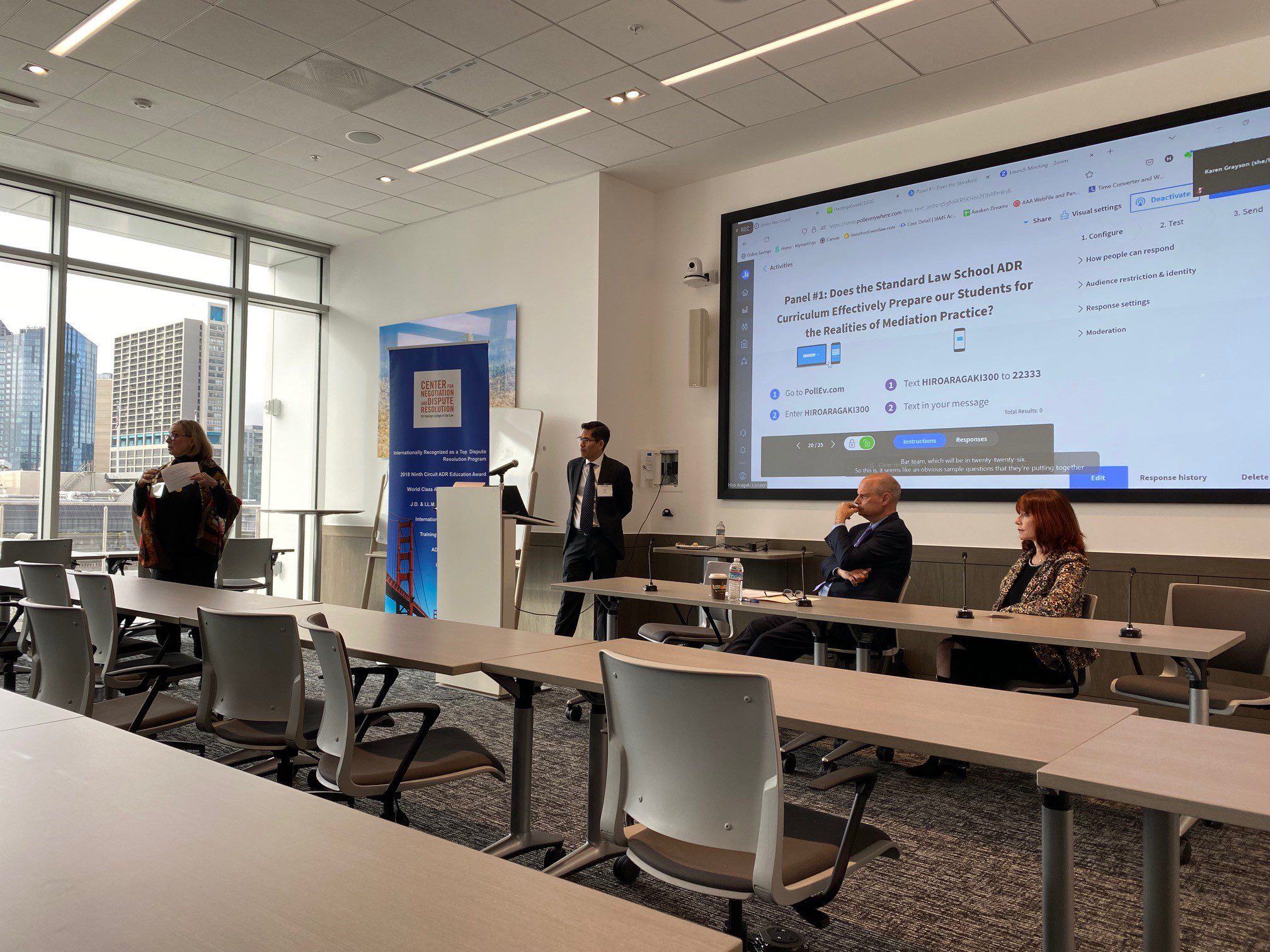
Does the Standard Law School ADR Curriculum Effectively Prepare our Students for the Realities of Mediation Practice?
Professor & Director of CNDR Hiro Aragaki, moderated a discussion with panelists Angela Agrusa, DLA Piper; Bruce Edwards, JAMS; Stephanie Sheridan, Benesch Law; and Joan Stearns Johnsen, University of Florida.
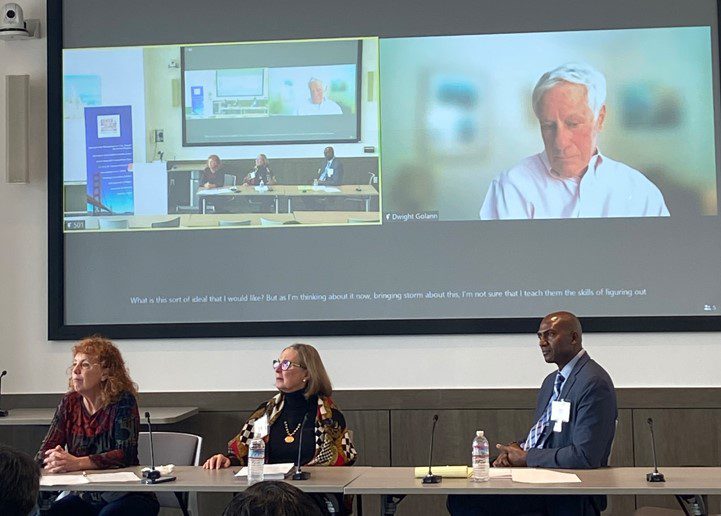
Should we adapt our teaching to prevailing changes in mediation practice? If so, how?
Professor & Director of Gould Negotiation & Mediation Program, Stanford Law School, Janet Martinez, engaged participants in a conversation with panelists Dwight Golann, Suffolk Law School, Research Professor; Jessica Notini, Stanford Law School, Lecturer in Law; Juan Walker, Stanford Law School, Lecturer in Law.
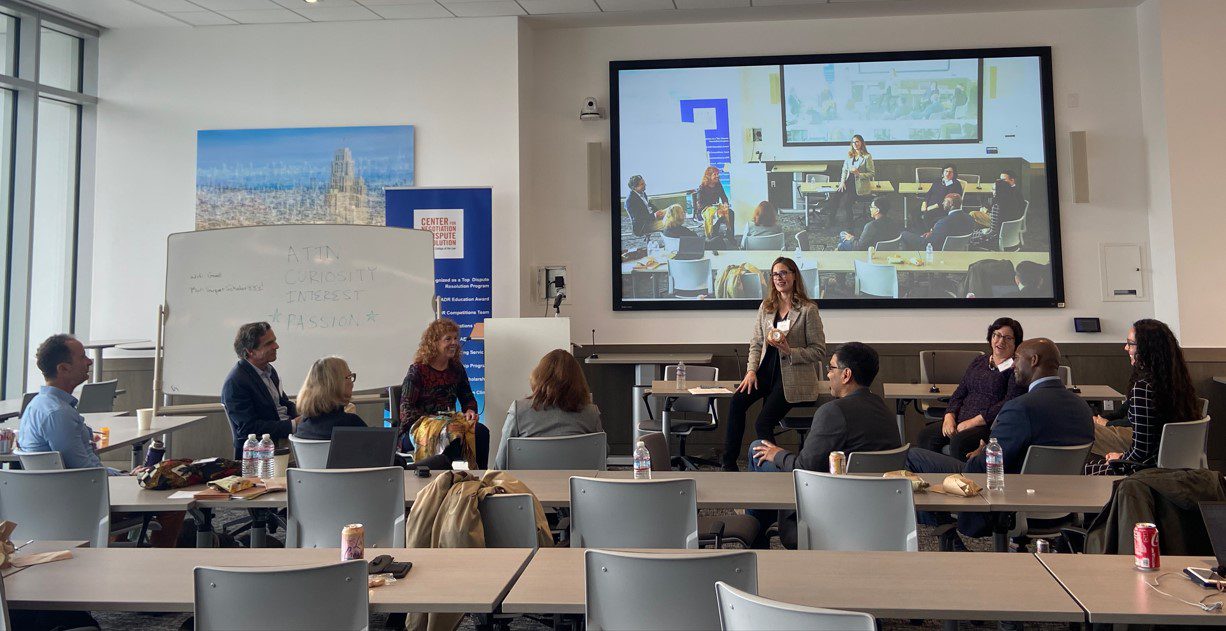
Tricks to Engage your Classes: An Interactive Resource Share
Adjunct Professor Jasmine Blackmeir, UC Law SF, led a fun and collaborative workshop for professors to share their tools to increase student participation.
2021 NorCal Conference
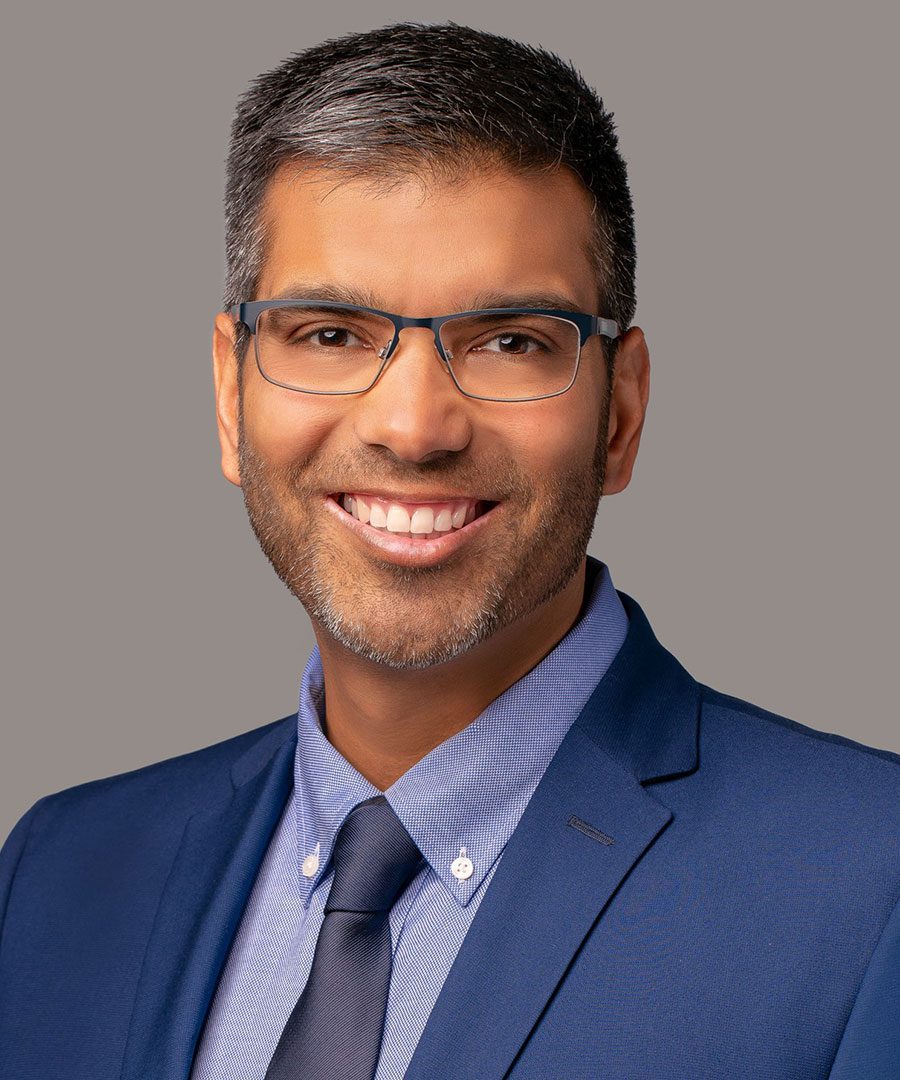 The 2021 conference was held on February 19, 2021. To honor the challenging pandemic year, and the landmark social justice movements which inspired diversity, equity and inclusion-focused (DEI) initiatives in our schools and classrooms, the theme was Virtual Learning & Inclusion.
The 2021 conference was held on February 19, 2021. To honor the challenging pandemic year, and the landmark social justice movements which inspired diversity, equity and inclusion-focused (DEI) initiatives in our schools and classrooms, the theme was Virtual Learning & Inclusion.
Fitting with the theme, this year’s conference was held virtually. With the increased accessibility of being online, we welcomed attendees from across the country instead of the usual Northern California local professors.
The Center also presented a special CNDR Honoree award to Professor Shirish Gupta in recognition of contributions and dedication to virtual learning and inclusion, and commitment to CNDR. Professor Gupta helped other UC Law SF professors navigate the technical challenges early on during the switch to virtual teaching, he mentored others, generously shared teaching materials, and lead by example when it comes to incorporating diversity and inclusion in the classroom. Thank you Professor Gupta!
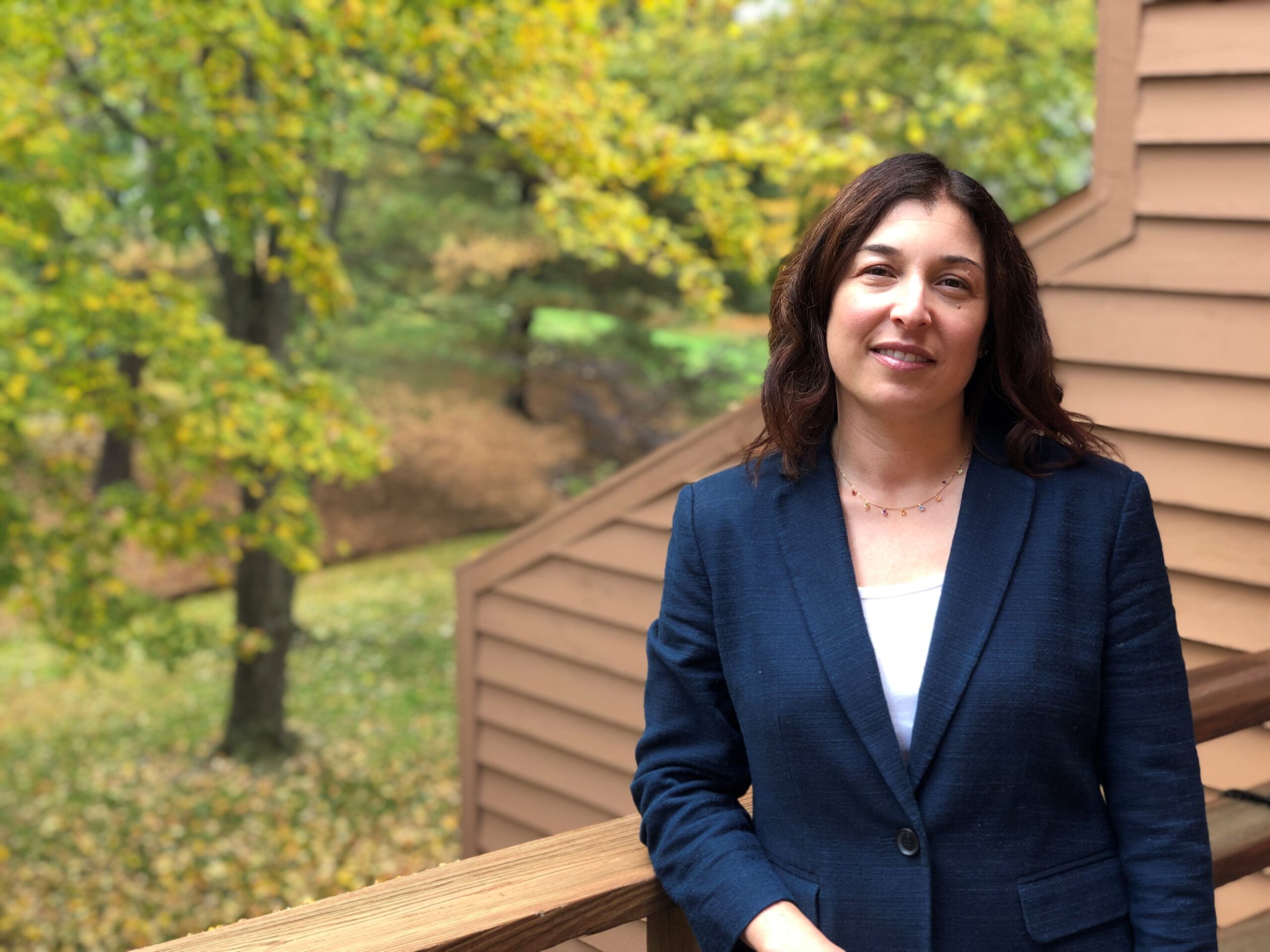
Secrets Revealed, What No One Told You About Online Instruction
In 2020, faculty from around the world quickly transitioned teaching from in-person classes to the virtual environment. This provided to be a rather daunting task, particularly for those who lead simulation and experiential courses. Professor Toby Guerin, Associate Director for the Center for Dispute Resolution at Maryland Carey School of Law and Clinical Instructor, shared her missteps, successes, and overall lessons learned.
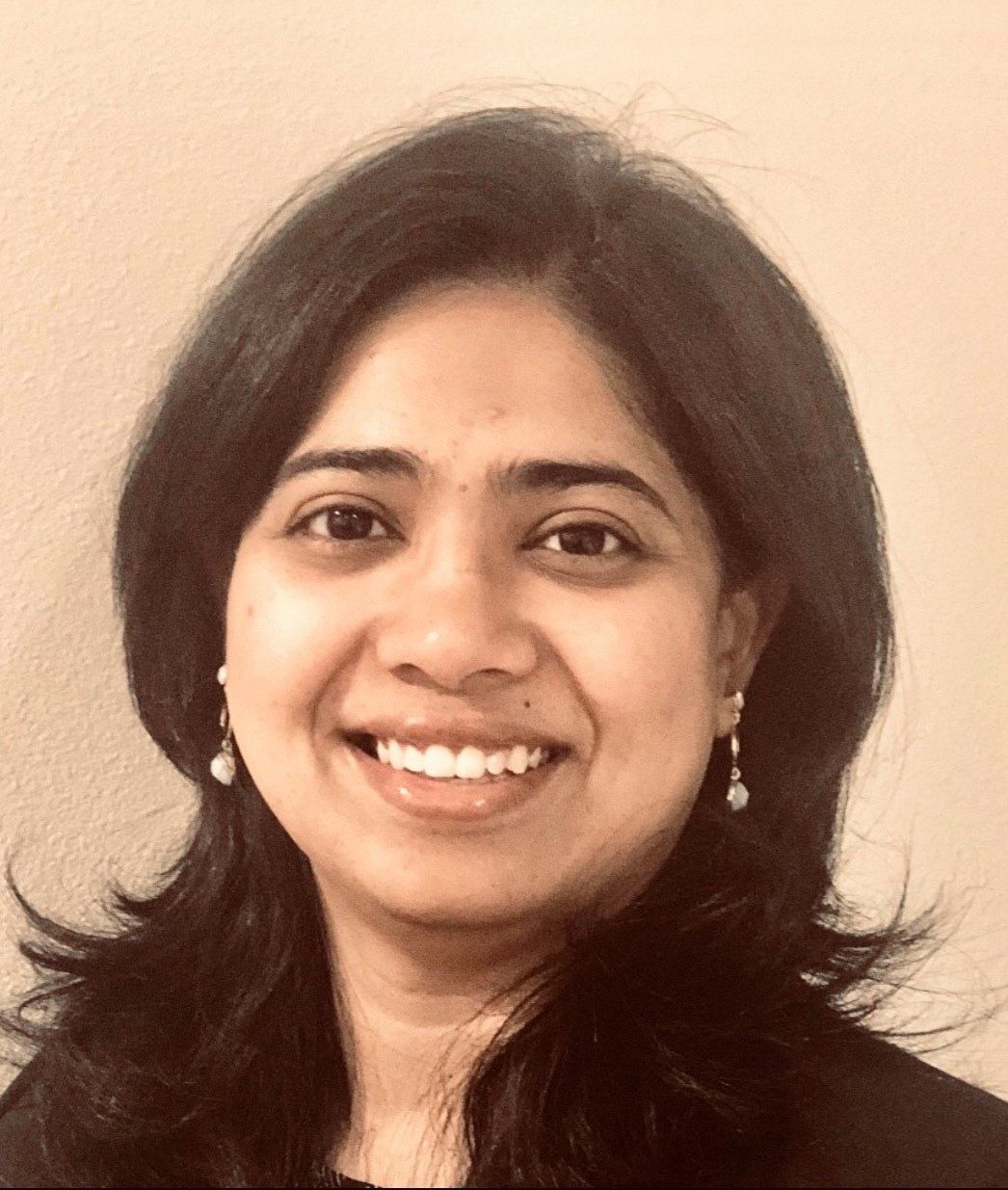
Incorporating Race Into ADR Instruction
In addition to transitioning to a virtual teaching environment, educators have been shifting from a race-neutral or race-avoiding syllabus to a race-conscious one. In this session, UC Law SF adjunct professors Shirish Gupta and Kavya Mohankumar lead an interactive discussion on how to include race into our ADR teachings, soliciting shared input from our group, and provided samples to use in our classes.
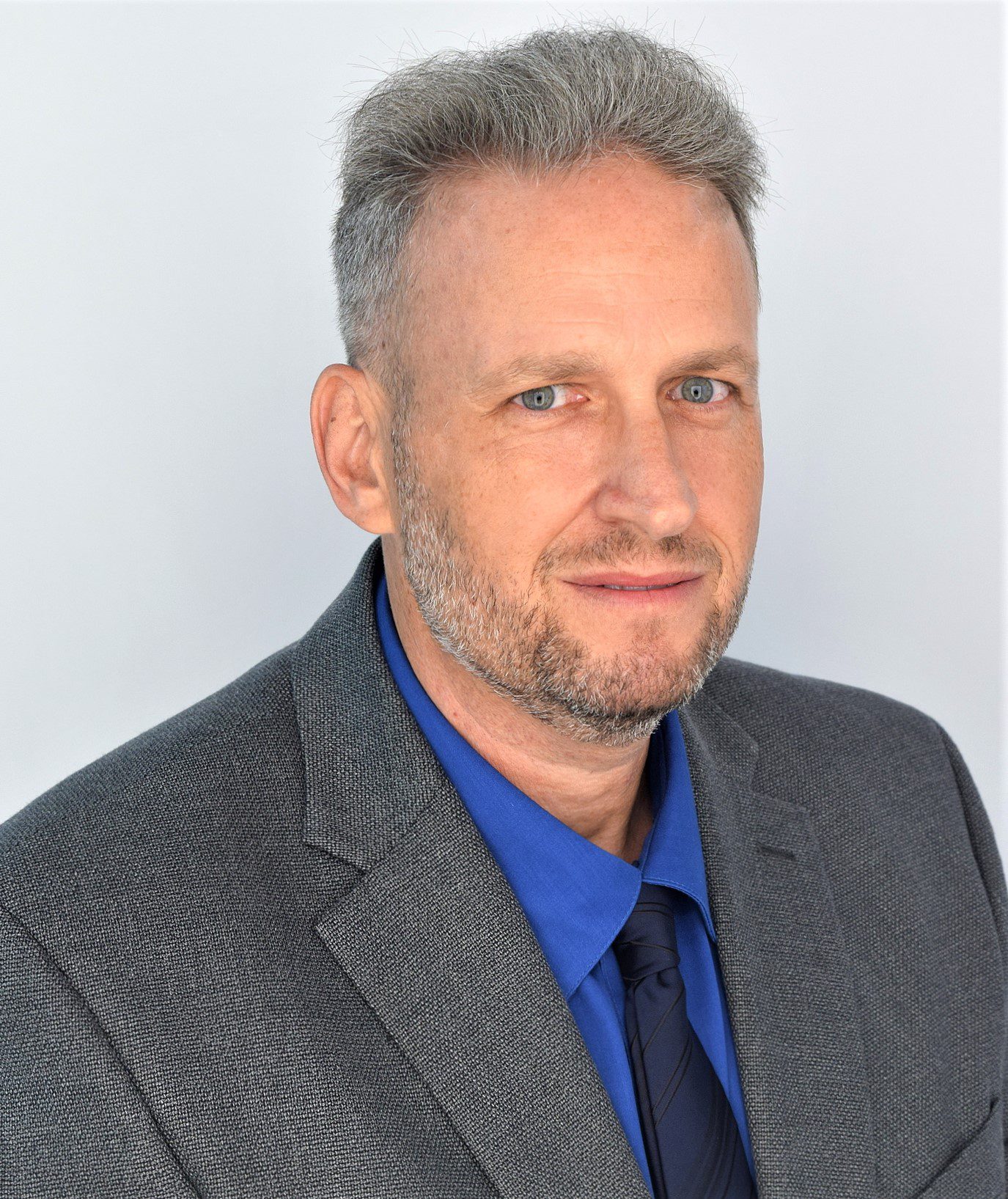
KEYNOTE: Beyond Technology: Negotiation Keeps On Changing
Presented by Noam Ebner, professor of negotiation and conflict resolution at Creighton University. The COVID-19 era has deeply impacted conflict, negotiation, formal dispute resolution mechanisms, and mediation practice. Professor Ebner suggested that technology itself is the least interesting part of these changes; focusing primarily on its use for online processes distracts us from a more significant upheaval: people are changing, and the pandemic era has only accelerated this process. How are humans changing? What are the impacts on negotiation theory, and conflict practice? What roles can our classrooms serve in coping with such change?
2020 NorCal Conference
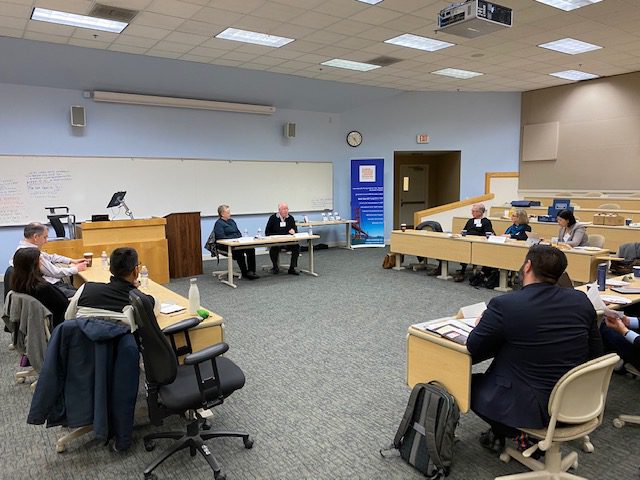
ONLINE DISPUTE RESOLUTION
Professors John Dean and CNDR Director Sheila Purcell (both UC Law SF) explored the growing field of ODR in the private world, and increasingly, in courts, with a focus on the importance of preparing our students for how to use it in their careers.
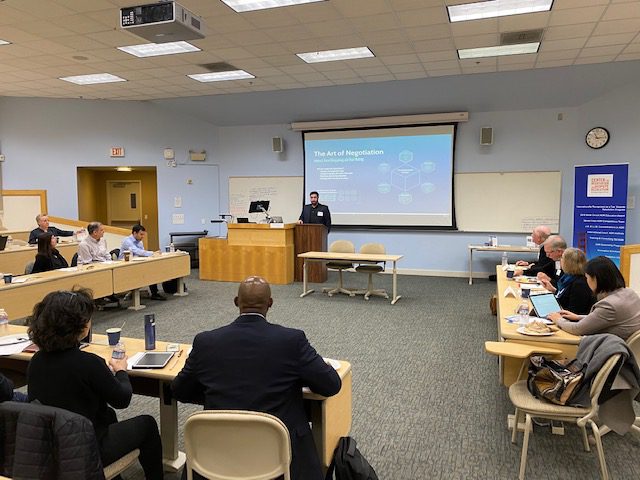
INCORPORATING COACHING INTO THE CLASSROOM EXPERIENCE
Professor Clint Waasted (UC Law SF) gave an informative presentation on how he uses an individualized and flexible teaching model to help students identify their strengths and areas for growth in his hands-on Negotiation classes.

FACILITATING CIVIL DISCOURSE
Professor Janet Martinez (Stanford) presented on a successful new course at Stanford designed to increase open dialogue between students, while also creating a safe space for sensitive conversations to occur.
2018 NorCal Conference
TRANSFORMATIVE MEDIATION presented by Yishai Boyarin
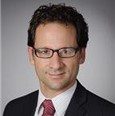 The workshop explored Transformative Mediation in the context of clinical work with students and focus on techniques for teaching the importance of listening and being non-directive in the context of mediation. The presenter was until recently the director of the mediation clinic at Hofstra, where for the last five years transformative mediation was the approach taught to the students and explored in their clinical work.
The workshop explored Transformative Mediation in the context of clinical work with students and focus on techniques for teaching the importance of listening and being non-directive in the context of mediation. The presenter was until recently the director of the mediation clinic at Hofstra, where for the last five years transformative mediation was the approach taught to the students and explored in their clinical work.
HIGH-TECH VIDEOTAPING OF STUDENT NEGOTIATIONS presented by Timothy M. Dayonot
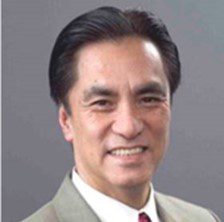 This workshop discussed a method developed to videotape and review student negotiations using the recording capabilities of smartphones and the storage capabilities of Cloud computing; how to utilize a universal phone bracket, a lightweight tripod and a student’s smartphone to capture high-definition video for future review and analysis. It included approaches for using the videos as a teaching tool, including a written diagnostic assessment and homework assignment for students to complete in connection with the viewing of their negotiation videos.
This workshop discussed a method developed to videotape and review student negotiations using the recording capabilities of smartphones and the storage capabilities of Cloud computing; how to utilize a universal phone bracket, a lightweight tripod and a student’s smartphone to capture high-definition video for future review and analysis. It included approaches for using the videos as a teaching tool, including a written diagnostic assessment and homework assignment for students to complete in connection with the viewing of their negotiation videos.
INFLUENCE SMALL BIG presented by Jessica Notini
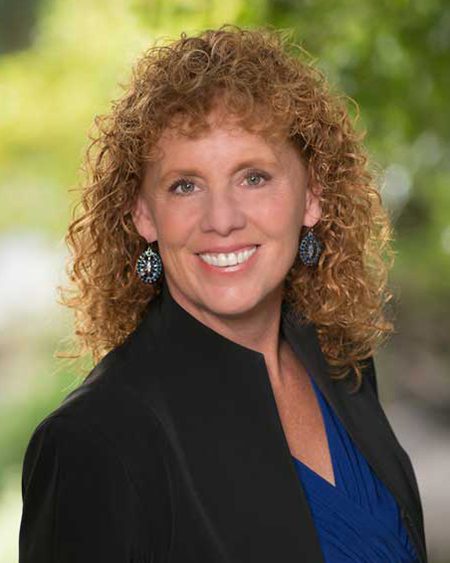 Many of us teach the psychological principles of persuasion, often referencing the work of Robert Cialdini, the research of Melissa Nelken and others. Ms. Notini explored new research and findings in the field as presented in The Small B!G: Small Changes that Spark BIG Influence, by Martin, Goldstein and Cialdini. We discussed best practices for incorporating these concepts in our classes, whether as a separate module or integrated into other modules, and shared some of our favorite demonstrations, videos and exercises for bringing the influencing strategies to life.
Many of us teach the psychological principles of persuasion, often referencing the work of Robert Cialdini, the research of Melissa Nelken and others. Ms. Notini explored new research and findings in the field as presented in The Small B!G: Small Changes that Spark BIG Influence, by Martin, Goldstein and Cialdini. We discussed best practices for incorporating these concepts in our classes, whether as a separate module or integrated into other modules, and shared some of our favorite demonstrations, videos and exercises for bringing the influencing strategies to life.
USING APPLIED IMPROVISATION TO SHIFT & EXPAND PERSPECTIVE IN NEGOTIATION AND CONFLICT RESOLUTION presented by Debra Gerardi
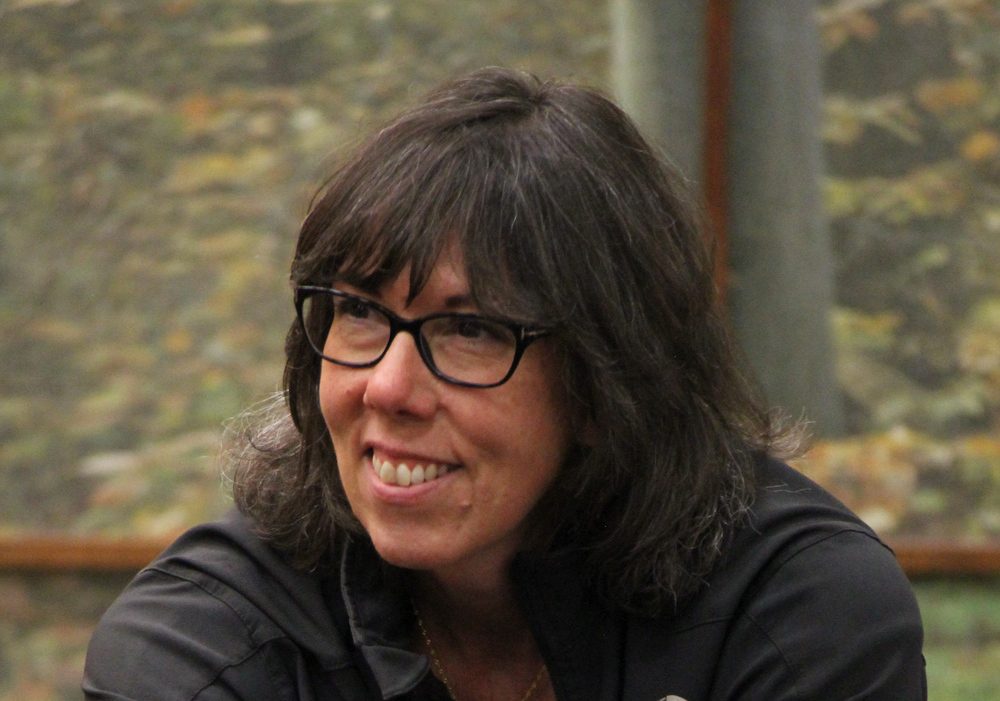 Becoming locked in a particular point of view or perspective can lead to impasse and impede forward progress in negotiations and conflict resolution. This interactive session used experiential learning techniques and applied improvisation to shift and expand perspective around issues, values, and positions by accessing intuitive and generative ways of knowing.
Becoming locked in a particular point of view or perspective can lead to impasse and impede forward progress in negotiations and conflict resolution. This interactive session used experiential learning techniques and applied improvisation to shift and expand perspective around issues, values, and positions by accessing intuitive and generative ways of knowing.
CREATING A NEGOTIATION MOOC presented by David Johnson
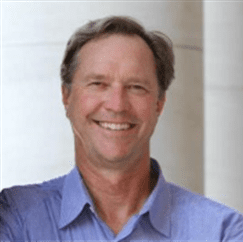 This workshop discussed the burgeoning online education space and Mr. Johnson’s first free and open online course was the global student with English and computer fluency who had not yet received any negotiation training in their education. The course was built around single-topic videos, most 5-6 minutes in length, deployed in modules to create a five week arc of instruction. Mr. Johnson discuss the state of the world in online platforms; his design/build/deliver process, and lessons learned about MOOCs.
This workshop discussed the burgeoning online education space and Mr. Johnson’s first free and open online course was the global student with English and computer fluency who had not yet received any negotiation training in their education. The course was built around single-topic videos, most 5-6 minutes in length, deployed in modules to create a five week arc of instruction. Mr. Johnson discuss the state of the world in online platforms; his design/build/deliver process, and lessons learned about MOOCs.
